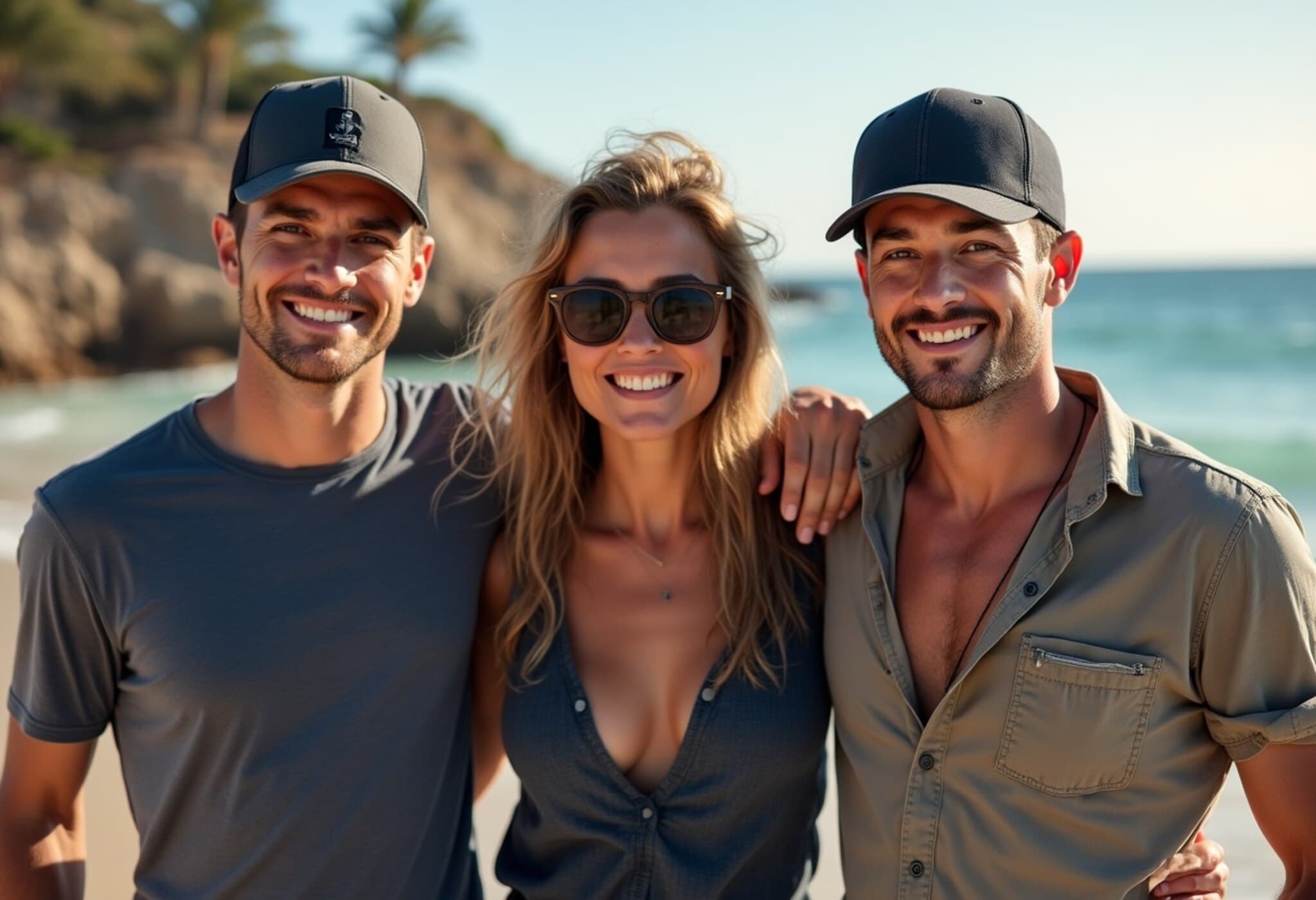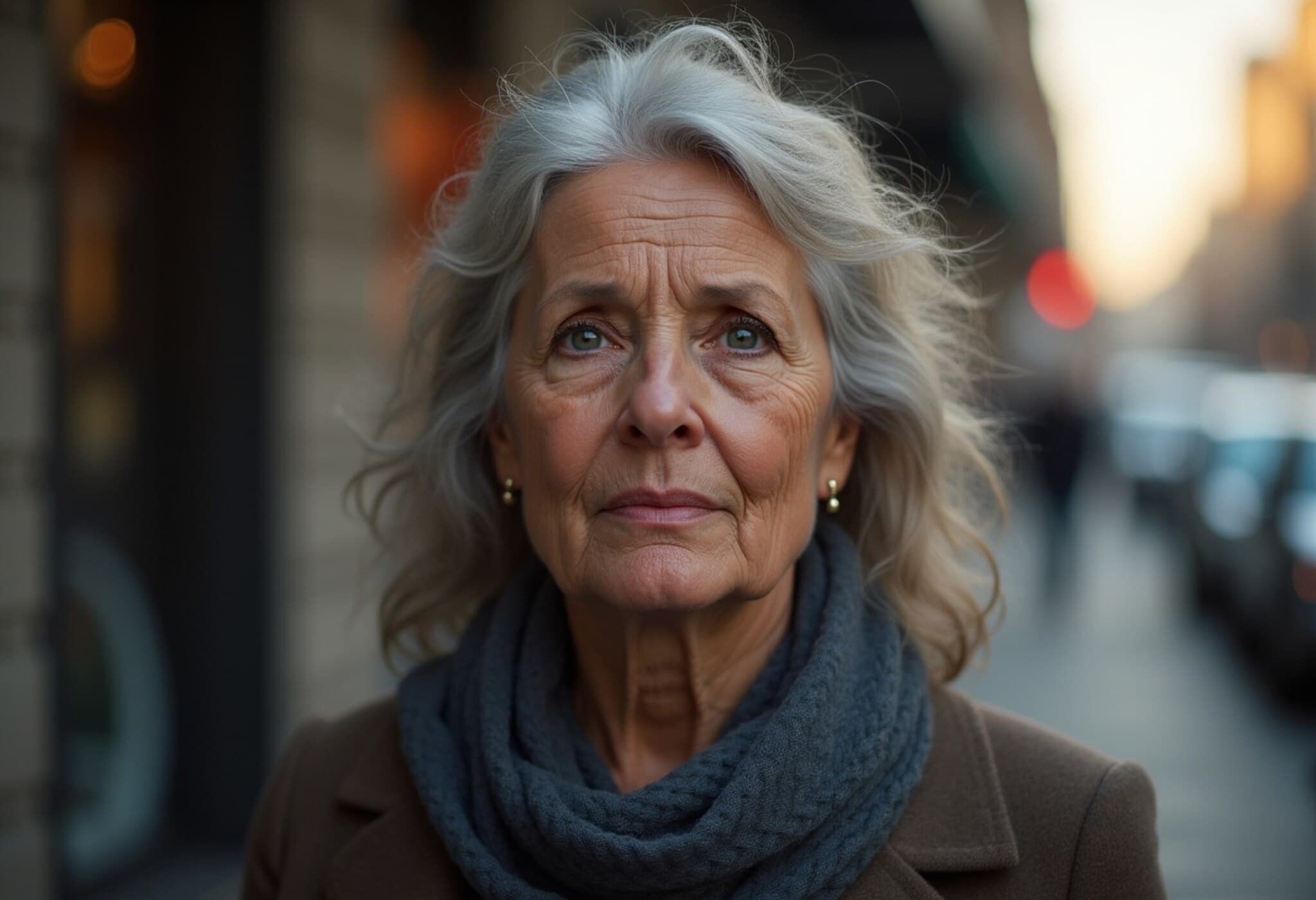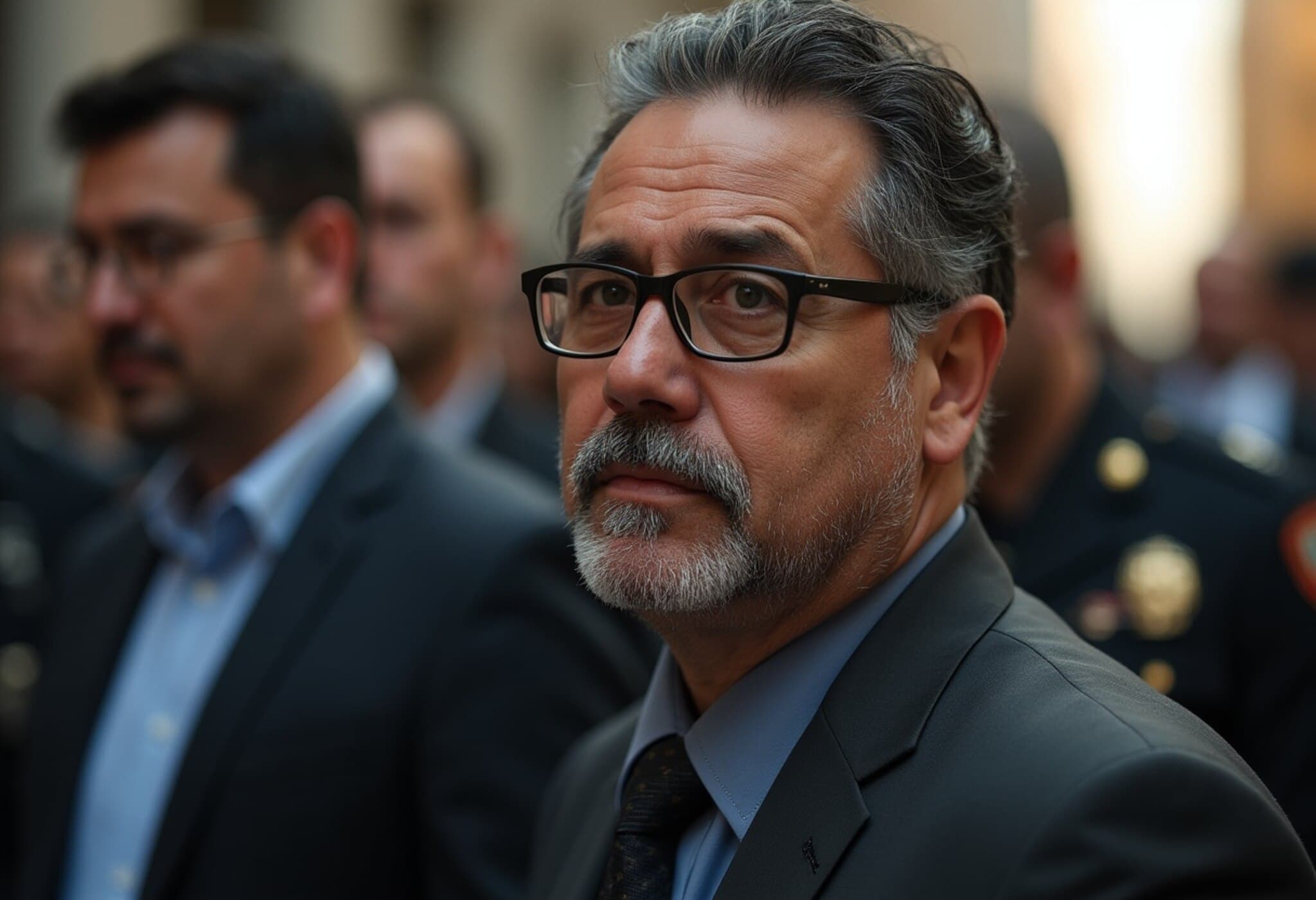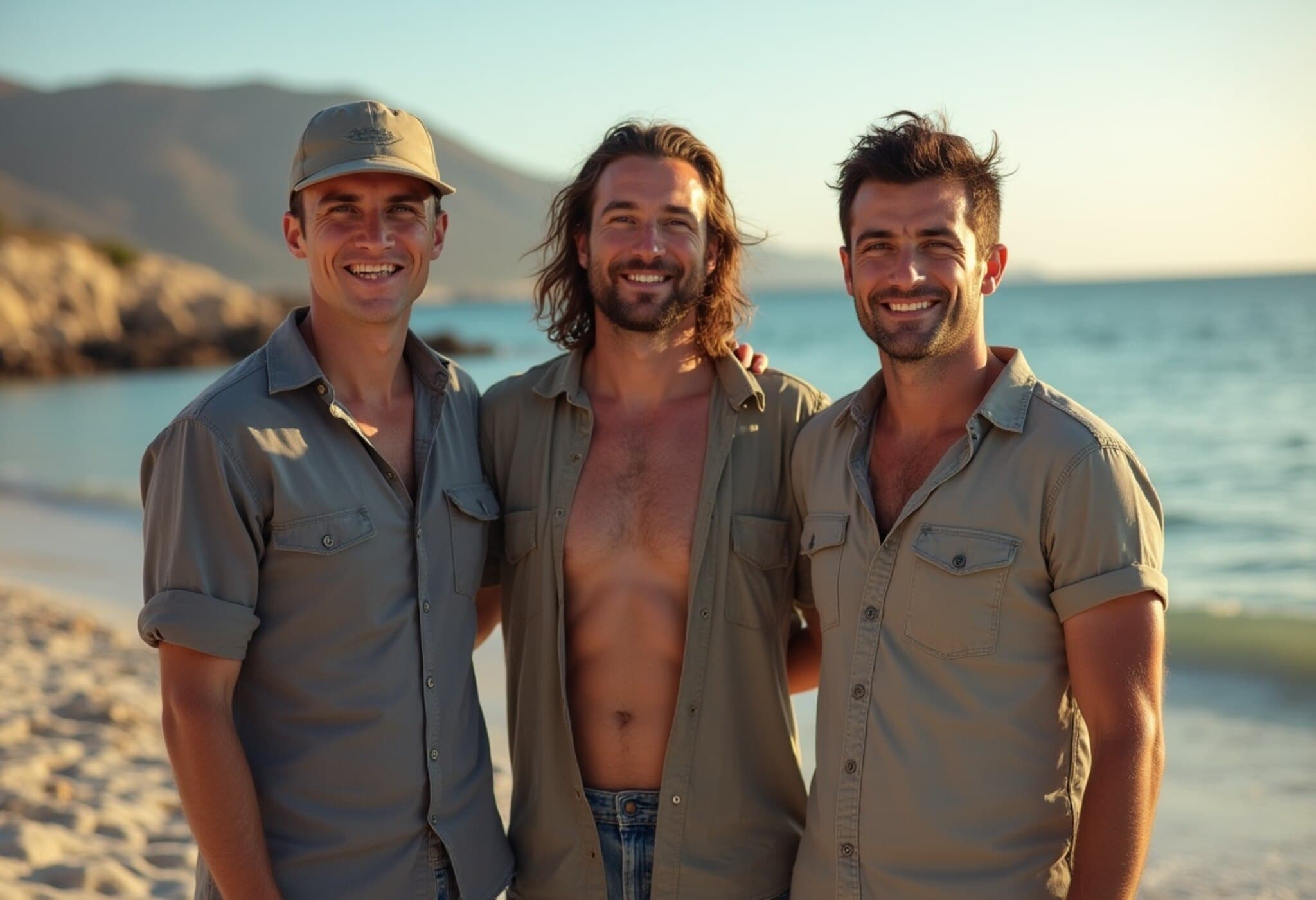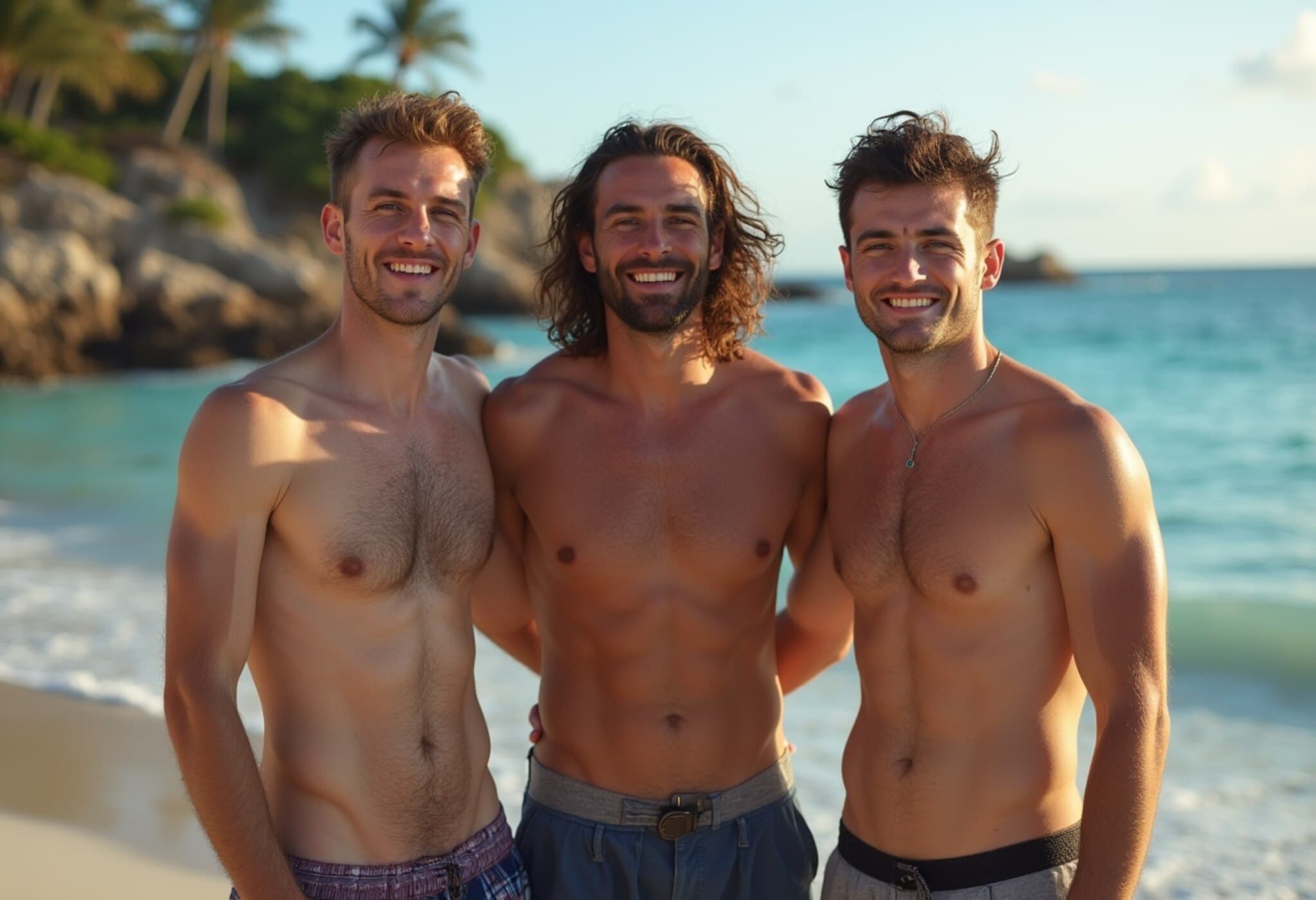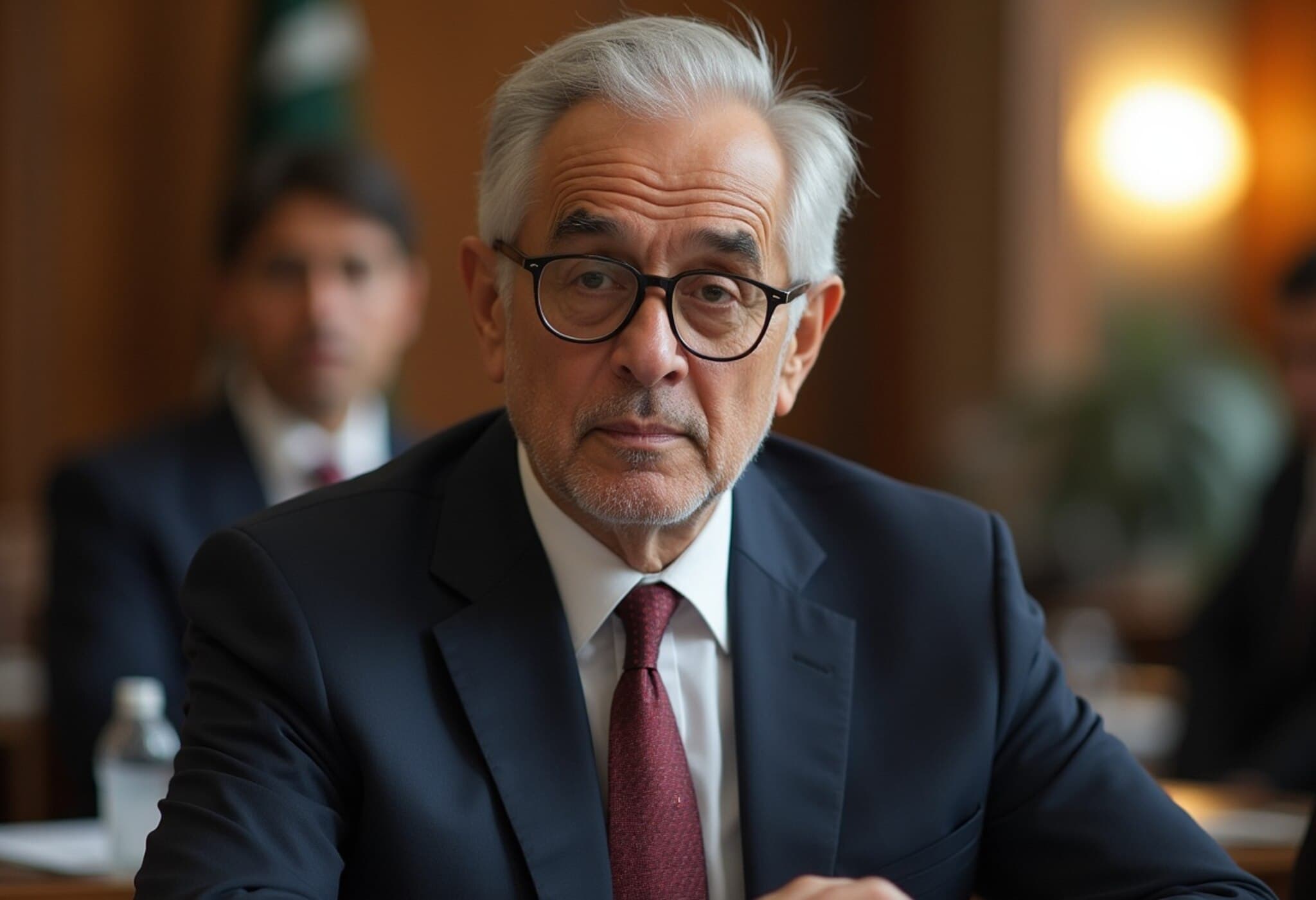Accused Killers of Australian Brothers on Mexico Surf Trip Pursue Plea Agreements
Three of the four individuals charged in connection with the tragic deaths of Perth brothers Callum and Jake Robinson and their American companion Jack Carter Rhoad during a surf trip in Mexico are now seeking plea deals to potentially avoid full trials.
Background: The Tragic Incident
In April 2024, the Robinson brothers, Callum and Jake, from Perth’s northern suburbs, along with their friend Jack Rhoad from San Diego, were traveling in a Chevrolet Colorado pickup truck to a remote surf campsite at Punta San Jose on the Baja California peninsula. Their trip ended in heartbreak when they were killed during what prosecutors describe as a robbery turned fatal.
Authorities believe the suspects targeted the group to steal the tires of their vehicle. When the victims resisted, the confrontation escalated into violence that led to their deaths.
Legal Developments: Court Hearings and Plea Negotiations
On July 25, 2025, a second hearing took place in Ensenada, Baja California, where the accused are being tried. During this session, defense attorneys for 24-year-old Ari Giselle, charged with drug possession and handling stolen items, signaled their intent to negotiate a plea.
Following this, two other defendants, Angel Jesus and Irineo Francisco — who face serious charges including aggravated homicide, robbery, grand theft auto, and forced disappearance — also expressed interest in seeking plea deals. Their cooperation could significantly influence the trial’s course and potential sentences.
Meanwhile, the fourth accused, Jesus Gerardo, commonly known as “El Kekas,” faces even graver allegations. His charges are being addressed separately due to their severity. Gerardo reportedly has a well-documented history of clashes with law enforcement and suspected ties to organized crime, including connections to corrupt Mexican police factions. This paints a complex, dangerous backdrop to the case.
Regional Context: Crime and Conflict in Baja California
The remote surf camp at La Bocana—accessible only via four-wheel drive and approximately two hours from the main road—is known for its illicit activities. Local reports describe it as a hotspot for marijuana cultivation and clandestine drug labs. This coastal area also serves as a key transit point for drug shipments and migrant smuggling operations into the United States.
The region’s overarching security woes are sharpened by violent turf wars among major drug cartels such as the Tijuana Cartel, the Jalisco New Generation Cartel, and the Sinaloa Cartel. The interplay of these forces inevitably complicates legal proceedings and jeopardizes community safety.
Current Status and Court Proceedings
- Ari Giselle and Jesus Gerardo appeared in court wearing orange uniforms but without restraints. Giselle displayed visible anxiety, while Gerardo remained composed yet distant.
- Irineo Francisco and Angel Jesus joined the hearing remotely from El Hongo prison.
- Family members of the victims, including the Robinson brothers’ parents, watched the proceedings via video link.
- The court has scheduled a follow-up on November 13 to determine if plea negotiations have advanced for Giselle, Jesus, and Francisco. If no agreement is reached, their cases will proceed to trial.
- Gerardo’s hearing is set separately for August 9.
Expert Insight: What This Means for Justice and Regional Security
This case highlights the complicated intersection of crime, justice, and cross-border complications. The pursuit of plea deals by the accused may reflect a strategic choice to minimize sentencing, yet it also raises important questions about transparency and accountability, especially given Gerardo’s alleged criminal network ties.
For Australia, where the victims hailed from, the incident underscores growing concerns over the safety of travelers abroad, particularly in regions fraught with organized crime and limited law enforcement presence. Advocates encourage ongoing diplomatic engagement and stronger bilateral cooperation to ensure justice for victims of such crimes.
Editor’s Note
The tragic deaths of Callum and Jake Robinson, alongside Jack Rhoad, continue to reverberate across communities in Australia, the U.S., and Mexico. As plea bargains unfold and courts deliberate, the case reveals the stark realities facing travelers in dangerous territories controlled by powerful criminal organizations.
Readers should consider the broader implications: How do international crimes test the limits of cross-border justice? What measures can governments adopt to better protect citizens abroad? And how does the shadow of cartel violence complicate judicial processes in Mexico?
The unfolding developments will be closely watched by families seeking closure and by authorities striving to uphold the rule of law amid challenging circumstances.

